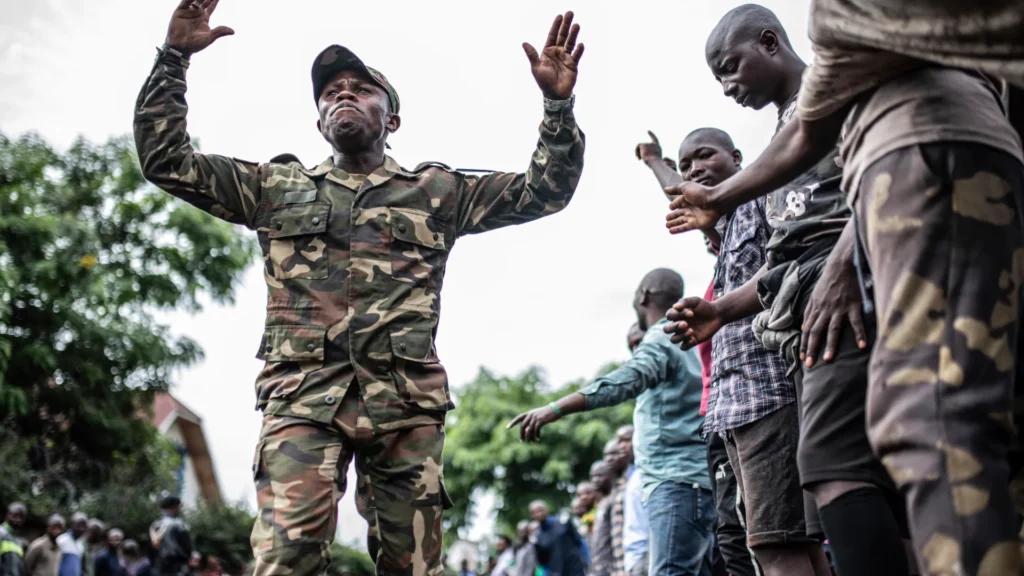At least 52 civilians have been brutally killed in a wave of attacks carried out by Islamic State-backed rebels in the Beni and Lubero regions of eastern Democratic Republic of Congo, according to UN officials and local authorities. The assaults, which took place between August 9 and 16, have drawn widespread condemnation and underscored the persistent instability in the mineral-rich region.
The attacks were attributed to the Allied Democratic Forces (ADF), a militia group with ties to the Islamic State. Regional military spokesperson Lieutenant Elongo Kyondwa Marc said the rebels were retaliating against civilians after suffering defeats at the hands of Congolese forces.
“When they arrived, they first woke the residents, gathered them in one place, tied them up with ropes, and then began to massacre them with machetes and hoes,” said Macaire Sivikunula, chief of the Bapere sector in Lubero. Local officials confirmed that around 30 civilians were slaughtered in a single incident in the village of Melia.
Victims included women and children. “Among the victims were children and women whose throats were slit in their homes, while several houses were set on fire,” said Alain Kiwewe, the military administrator of Lubero territory.
The United Nations Organization Stabilization Mission in the Democratic Republic of the Congo (MONUSCO) condemned the violence “in the strongest possible terms.” A spokesperson for the mission stated that the death toll, which currently stands at 52, may rise as searches continue in affected villages.
The ADF, originally a Ugandan rebel group, has entrenched itself in eastern Congo for decades, financing its activities through control of resources and violent attacks on civilians. Congo’s army, backed by Ugandan forces, has ramped up operations against the group in recent weeks, but the latest massacres highlight the rebels’ continued ability to strike back with devastating consequences.
The killings come just weeks after the ADF killed 38 people in a late July attack on a church in eastern Congo, further escalating fears of worsening insecurity. For communities in Beni and Lubero, the recurring violence has deepened a climate of fear and displacement, with many residents fleeing their homes to seek refuge

